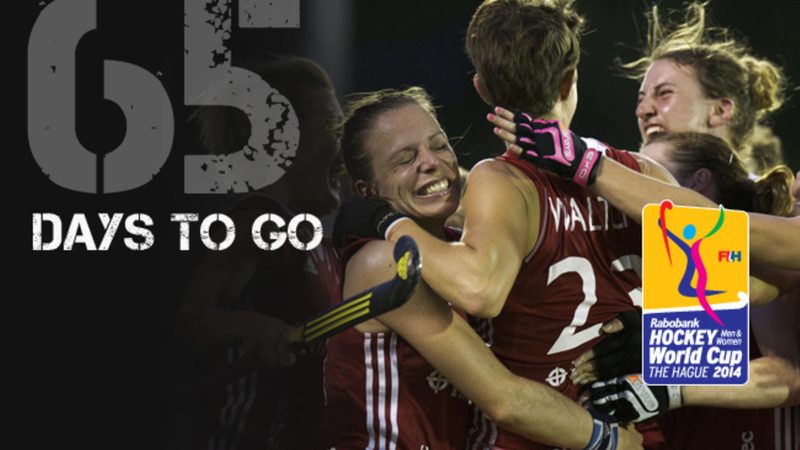
Karen Brown is England and Great Britain's most capped player, with 355 caps to her name and a raft of medals in her trophy cabinet. However, the one trophy that eluded the England women's assistant coach is a medal of any colour from three Hockey World Cups. Despite this, Brown says: "I love the World Cup. For me it is up there with the Olympics as the two premier events for our sport. It represents the best teams with the best players, all with one aim, winning or doing their absolute best to finish as high as possible."
With an Olympic bronze medal from the 1992 Olympic Games, a European gold medal, Commonwealth silver and numerous national titles with her club Slough, Karen is a source of inspiration for the players she coaches, but how easy has it been for Brown the player to transform into Coach Karen?
"I try to see things from both perspectives. It's the only approach I have known, so it is normal for me to try to see both aspects. The physical transition from player to coach is more difficult. As an athlete you are used to being very selfish, but as a coach you have to become selfless and that transition in itself takes a while to appreciate.
"When I first got into coaching I thought my job was to give all the answers but over time I have realised this will only work up to a certain point. If you want long term sustainability and to allow your team to develop, grow and improve you must adjust and adapt your style to suit the maturity levels of your athlete or team."
Karen's coaching career began with club side Chelmsford in 2000, and she has worked as either assistant or head coach to the England U16, U18 and U21 and B programmes. She was head coach of the England U21 women’s team at the Junior World Cup in Chile in 2005 and joined England Hockey that same year as junior performance manager, moving to assistant coach working alongside Danny Kerry in 2006. During that time, England have won bronze medals at the 2010 World Cup, the Champions Trophy, two Commonwealth Games and three European Championships. England have also reached the finals at the EuroHockey Championship, earning silver in 2013. Although this demonstrates a consistently high level of achievement, have England discovered a way to be regular contenders in championship finals?
"If I knew the answer to that I certainly would not be sharing it! We are consistently winning medals at majors and that level of performance is incredibly difficult to achieve and maintain but you are right, the next step is to contest major finals. We are all working incredibly hard to try and achieve that, but the competition out there is also trying to do the same, it is a very competitive environment."
Much of England's consistency has been accredited to the centralised training programme at Bisham Abbey, which Karen played an integral role in developing. This allows the players and coaches to spend a lot more time working together, and Karen recognises the importance of providing the players with a high performance environment to work in. "And," she adds: "We are incredibly lucky to have a bunch of talented athletes."






















